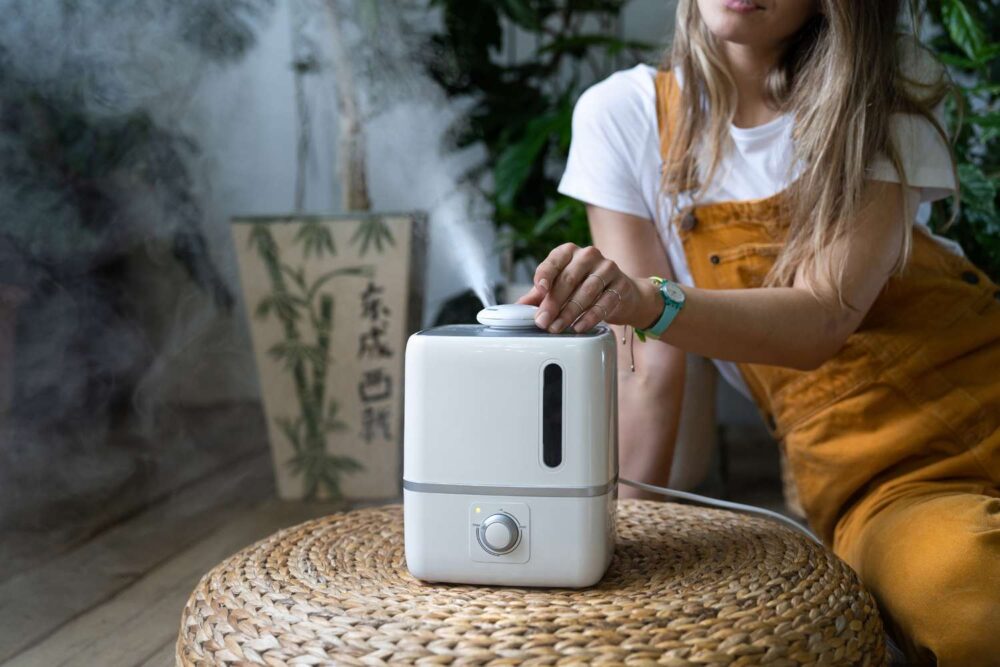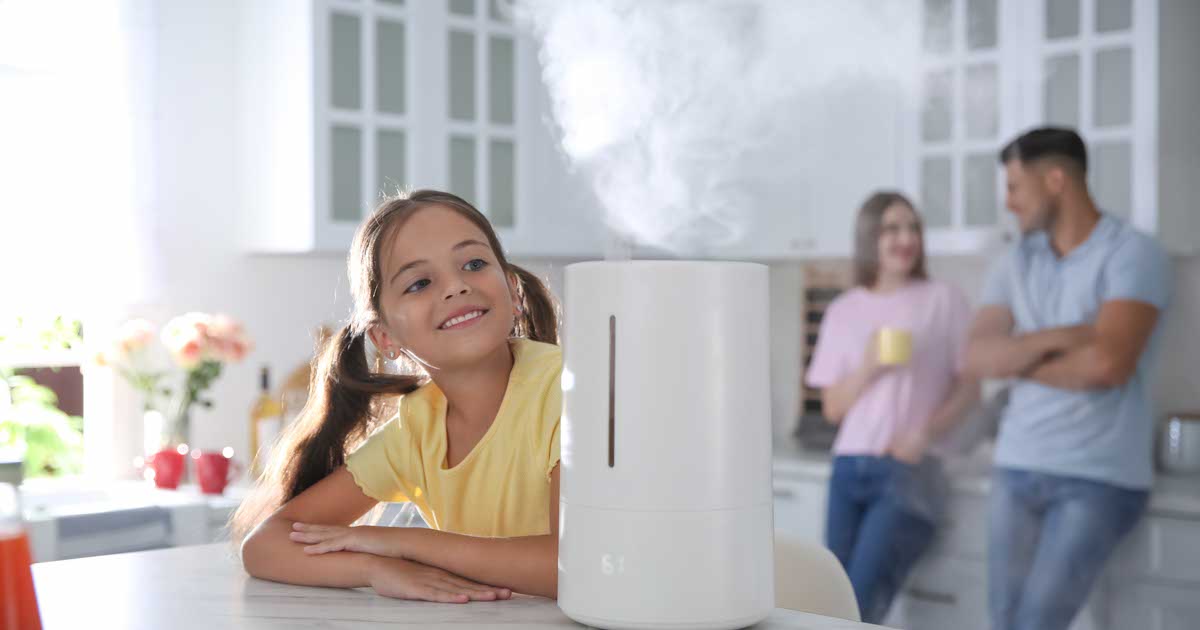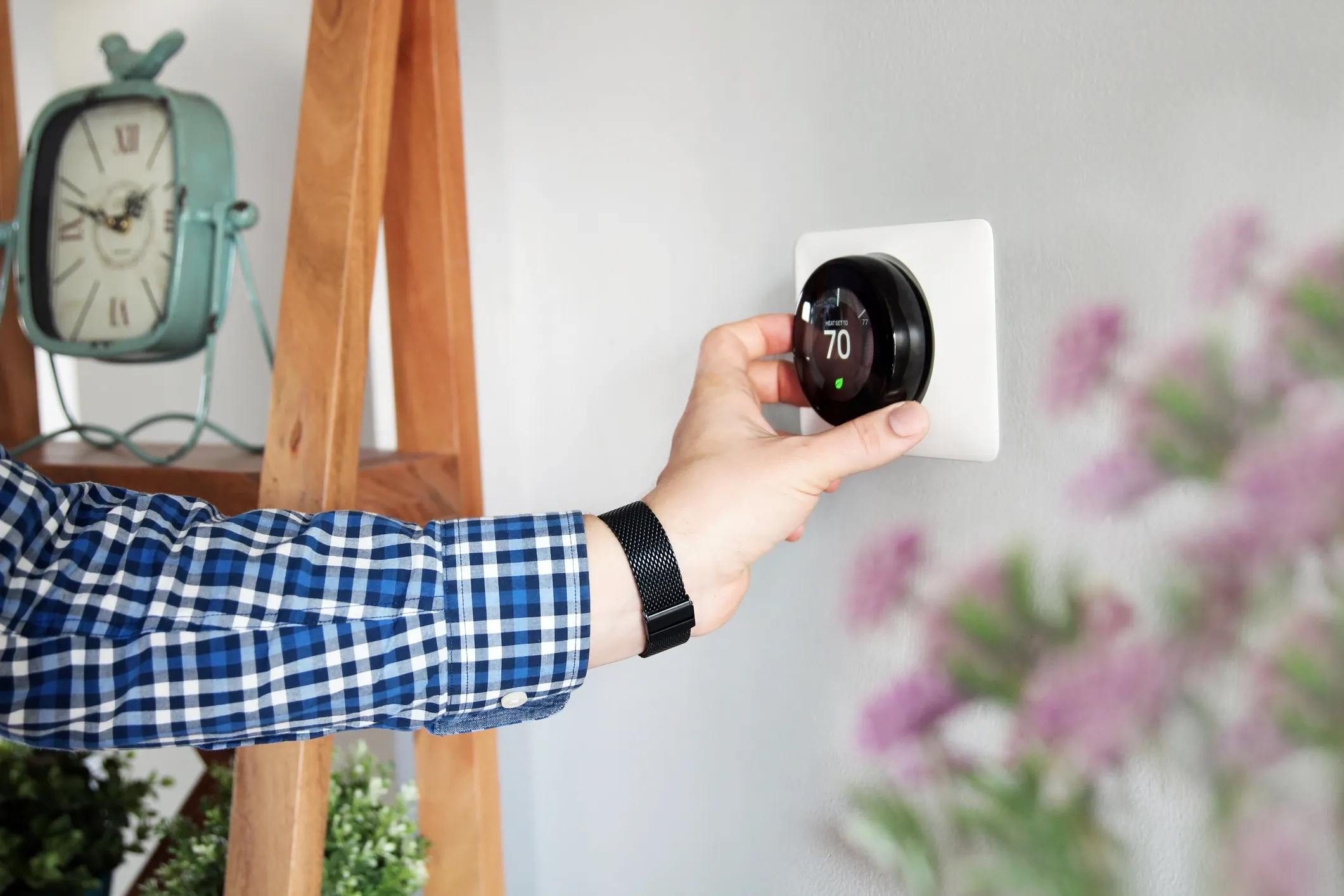Whole-home humidifiers are not the norm in American homes. Some homes are equipped with them, but most are not. Instead, humidifiers are considered an add-on when installing a new heating and cooling system. That’s too bad. Proper humidity control makes heating and cooling both more efficient and more effective at keeping people comfortable.
Indoor humidity affects what ambient air feels like on the skin. It’s no different from the humidity you feel outside. The more humid it is, the warmer you feel. Why would we expect any different indoors?
Comfort Solutions is a West Haven and Sandy, UT, heating and cooling contractor. They say that humidifiers are a good idea in their region. Utah’s climate is extremely dry. So equipping a home’s heating and cooling system with a whole-home humidifier can make a difference.
Humidifiers and Heating

The experts at Comfort Solutions explain that low indoor humidity makes the air feel cooler. So at the peak of a Utah winter, when the air is extremely dry and exterior temperatures are quite cold, a furnace working without the aid of a whole-home humidifier needs to work harder to keep the family feeling comfortable.
As a former Northeast resident, I get it. We could have the temperature set to 72 °F and I would still be cold enough to wear multiple layers. The air was so dry. But now that I live in the southeast, it is just the opposite. At any rate, the implications here should be obvious:
- Energy savings – Maintaining proper humidity (ideally 30-50%) helps heated air maintain the heat longer, thereby increasing comfort. The HVAC system doesn’t have to work as hard, saving the homeowner money.
- HVAC efficiency – HVAC efficiency is impacted by humidity extremes on either end. When the humidity is too low, it must work harder to maintain comfort. When it is too high (60% or higher) the system has to work harder to overcome air that is too damp.
A whole-home humidifier strikes the perfect balance when it is working properly. Homes with humidifiers tend to feel more comfortable during the winter months even though the HVAC system doesn’t kick on as frequently or run as long with each cycle.
Humidifiers and Cooling

The impact of a whole-home humidifier on cooling is similar to its impact on heating, but from the opposite direction. High humidity forces an air conditioner to work harder because it needs to remove moisture from the air in order to cool it. And just as dry air feels cooler, humid air feels warmer.
Here are the implications:
- Cooling efficiency – Maintaining proper humidity reduces the amount of work an AC unit has to do. The unit can cool more efficiently because it does not have to remove excess moisture. Subsequently, the home will feel cooler even if the thermostat is set a couple of degrees higher.
- Air quality – Excess humidity during the cooling season increases the risk of mold and mildew in the HVAC system. Any presence of mold or mildew reduces indoor air quality.
It’s also worth noting that consistently high humidity can shorten the lifespan of a cooling system by forcing it to work harder than it should. So in areas like where I live now, it’s important to manage summer humidity.
Comfort, Costs, and HVAC Lifespan
Some homeowners install whole-home humidifiers with the goal of being more comfortable. That is not bad motivation. But as a bonus, a whole-home humidifier should reduce heating and cooling costs and extend the lifespan of an HVAC system. Maintaining proper indoor humidity is a good deal all around.

